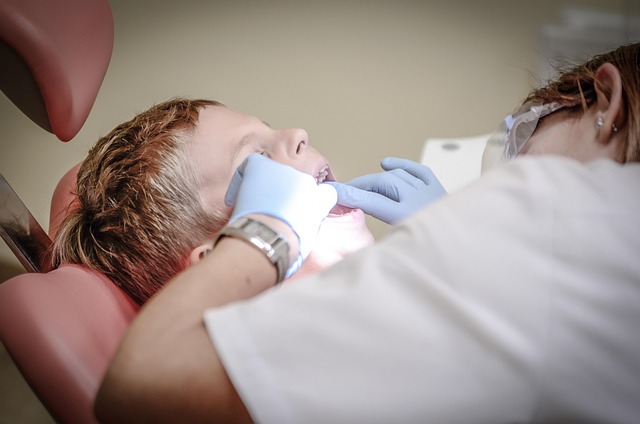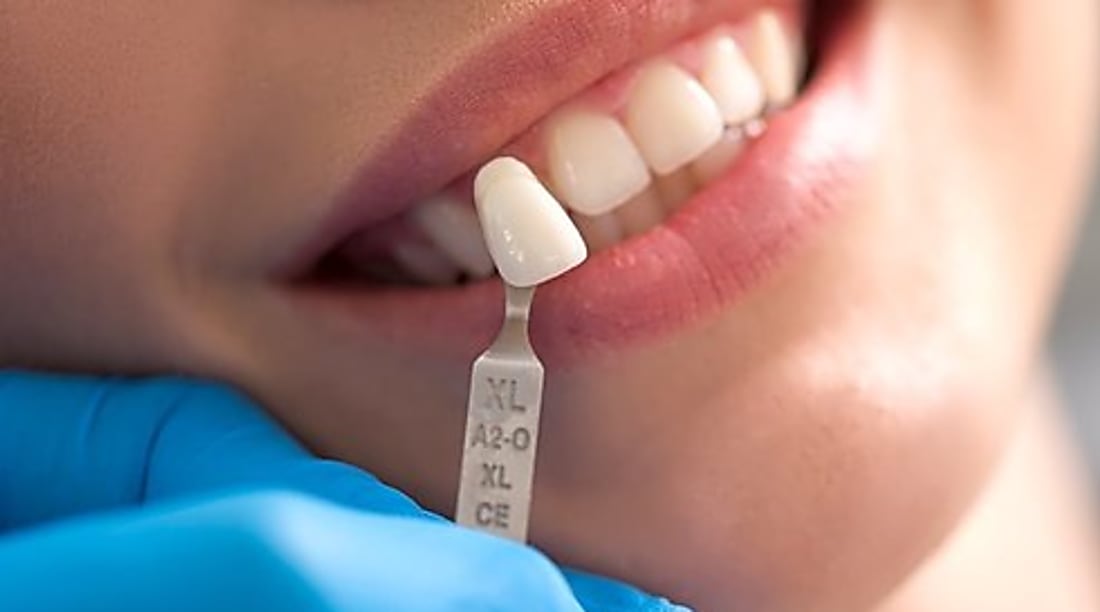Finding Accessible Dental Care: Community Clinics and 24-Hour Services
Navigating dental care options can be challenging, especially when facing urgent needs or financial constraints. From community dental clinics offering affordable services to 24-hour emergency dental facilities, understanding the landscape of dental care services available in your area can make a significant difference in maintaining oral health and addressing unexpected dental issues.

Dental health is a crucial component of overall wellbeing, yet many people struggle to access appropriate care when needed. Whether due to financial constraints, lack of insurance, or emergencies occurring outside regular business hours, finding the right dental services can be challenging. Fortunately, various options exist to address these needs, including community dental clinics and facilities offering round-the-clock care. Understanding these resources can help ensure timely treatment and prevent minor issues from developing into more serious conditions.
What Services Do Community Dental Clinics Provide?
Community dental clinics serve as vital healthcare resources, particularly for underserved populations. These facilities typically offer a comprehensive range of basic dental services, including routine cleanings, examinations, X-rays, fillings, extractions, and preventive care education. Many community clinics operate on sliding fee scales based on income, making dental care accessible to those with limited financial resources.
Beyond basic services, some community dental clinics also provide specialized care such as pediatric dentistry, periodontal treatments, and even limited orthodontic services. These clinics often employ licensed dental professionals who volunteer their time or work at reduced rates to serve the community. Additionally, dental hygiene schools frequently partner with community clinics, allowing students to gain practical experience while providing supervised care at reduced costs.
When Would You Need a Dentist Open 24 Hours?
Dental emergencies don’t adhere to convenient schedules. Situations requiring immediate attention can arise at any hour, necessitating access to 24-hour dental services. Common scenarios warranting emergency dental care include severe toothaches, dental abscesses, knocked-out teeth, broken or cracked teeth, lost fillings or crowns, and injuries to the gums or soft tissues of the mouth.
The availability of 24-hour dental services can be crucial in preventing permanent damage or unnecessary suffering. For instance, a knocked-out tooth has the highest chance of being successfully reimplanted if treatment occurs within 30-60 minutes. Similarly, dental infections can spread rapidly, potentially becoming life-threatening if left untreated. Having access to emergency dental care outside regular business hours provides peace of mind and ensures timely intervention when critical situations develop.
How to Find Reliable Dental Clinics in Your Area?
Locating appropriate dental care facilities requires some research, but several resources can simplify this process. Start by consulting your dental insurance provider’s directory of in-network dentists if applicable. Online directories like the American Dental Association’s Find-a-Dentist tool allow searches by location, specialty, and accepted payment options.
For community-based options, contact your local health department or community health centers, which often maintain lists of affordable dental clinics. Dental schools represent another excellent resource, as they typically offer supervised care by dental students at significantly reduced rates. Additionally, programs like Federally Qualified Health Centers (FQHCs) provide dental services on a sliding fee scale based on ability to pay.
When evaluating potential dental clinics, consider factors beyond cost, such as the range of services offered, the qualifications of the dental professionals, facility cleanliness, and patient reviews. Many clinics provide virtual tours or consultation appointments that allow you to assess their environment and approach to care before committing to treatment.
What Are the Cost Considerations for Different Dental Services?
Dental care costs vary significantly depending on the type of facility, geographic location, and specific services required. Understanding the general price ranges can help in planning and budgeting for dental care needs. Community dental clinics typically offer the most affordable options, with basic services often available at 30-60% below private practice rates.
| Service Type | Community Clinic Average Cost | Private Practice Average Cost | 24-Hour Emergency Clinic Average Cost |
|---|---|---|---|
| Routine Examination | $20-75 | $75-200 | Not typically offered |
| Basic Cleaning | $30-100 | $75-200 | Not typically offered |
| X-rays (Full Set) | $40-150 | $100-300 | $150-350 |
| Filling (Basic) | $50-150 | $150-350 | $200-500 |
| Tooth Extraction (Simple) | $75-200 | $150-400 | $250-600 |
| Emergency Evaluation | $40-120 | $100-300 | $150-500 |
| Root Canal (Front Tooth) | $300-700 | $700-1,200 | $900-1,500 |
Prices, rates, or cost estimates mentioned in this article are based on the latest available information but may change over time. Independent research is advised before making financial decisions.
How Do Emergency Dental Services Differ from Regular Care?
Emergency dental services focus primarily on pain relief, infection control, and preventing further damage rather than comprehensive treatment. When visiting a 24-hour dental facility, patients can expect evaluation and stabilization of their condition, with recommendations for follow-up care with a regular dentist for complete resolution.
The triage process at emergency dental clinics prioritizes cases based on severity. Life-threatening conditions such as severe infections with facial swelling, breathing difficulties, or uncontrolled bleeding receive immediate attention. Other situations like severe pain, knocked-out teeth, or broken restorations are addressed based on urgency and available resources.
It’s worth noting that emergency dental care typically costs more than scheduled appointments, reflecting the additional resources required to maintain round-the-clock staffing and equipment readiness. Many emergency dental clinics require payment at the time of service, though some may offer payment plans for those facing financial hardship. Understanding these distinctions helps set appropriate expectations when seeking urgent dental care.
What Preventive Measures Can Reduce Emergency Dental Needs?
Preventing dental emergencies begins with consistent oral hygiene practices and regular preventive care. Brushing twice daily with fluoride toothpaste, daily flossing, and routine dental check-ups every six months form the foundation of good dental health. These habits help identify potential issues before they develop into painful emergencies.
For those participating in contact sports or activities with potential for facial injury, wearing appropriate protective gear such as mouthguards significantly reduces the risk of dental trauma. Additionally, avoiding behaviors that can damage teeth—like using teeth as tools, chewing ice or hard candies, and opening packages with teeth—prevents unnecessary emergencies.
Developing a relationship with a regular dental provider also contributes to emergency prevention. Dentists familiar with a patient’s oral health history can identify risk factors and address minor issues before they escalate. Many dental practices also maintain emergency protocols for established patients, potentially offering after-hours guidance or expedited appointments when problems arise.
This article is for informational purposes only and should not be considered medical advice. Please consult a qualified healthcare professional for personalized guidance and treatment.




